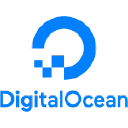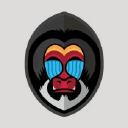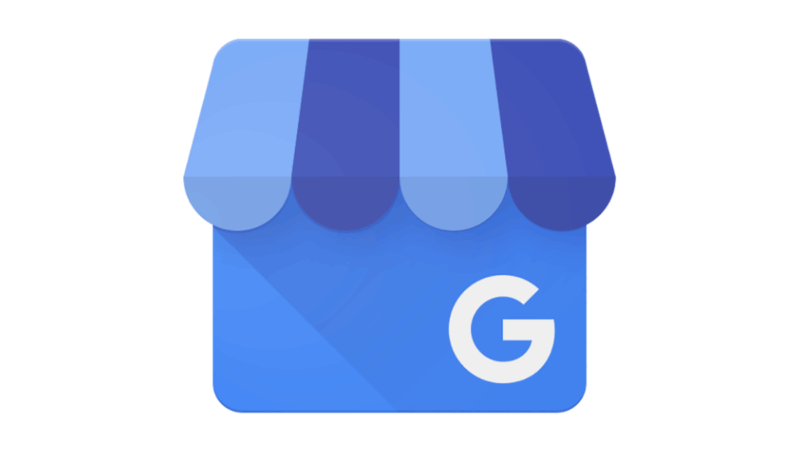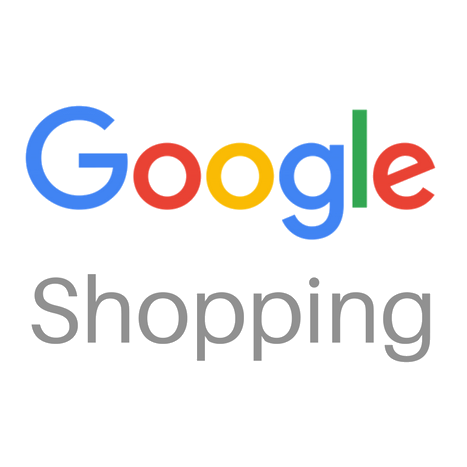How I Started A $4K/Month Platform That Offers Opportunities To Go Volunteering Abroad
Hello! Who are you and what business did you start?
I’m Shay Gleeson and I started HelpStay in February 2014. HelpStay is a subscription-based volunteering platform where travelers of all ages can exchange their time, skills, and talents for accommodation. Our motto is ‘Give a little help, stay for free’.
HelpStay makes traveling and volunteering easy, safe, affordable, and accessible to everyone. One of the main benefits is that it drastically reduces the traveler’s accommodation costs when overseas. With HelpStay, you can literally ‘travel on a shoestring’.
We charge members a yearly subscription fee of Euro €29.99 ($33). These members can reach out and connect with hosts, and start planning their trip overseas. Our MRR is currently averaging approx. USD $4,000.
It’s exciting to curate a real community where our members can travel the world with a purpose, and benefit the communities they visit. Our typical member is aged between 18-38 years old, time-rich but cash-poor - educated to a high level and interested in traveling and giving back.

Download the report and join our email newsletter packed with business ideas and money-making opportunities, backed by real-life case studies.

Download the report and join our email newsletter packed with business ideas and money-making opportunities, backed by real-life case studies.

Download the report and join our email newsletter packed with business ideas and money-making opportunities, backed by real-life case studies.

Download the report and join our email newsletter packed with business ideas and money-making opportunities, backed by real-life case studies.

Download the report and join our email newsletter packed with business ideas and money-making opportunities, backed by real-life case studies.

Download the report and join our email newsletter packed with business ideas and money-making opportunities, backed by real-life case studies.

Download the report and join our email newsletter packed with business ideas and money-making opportunities, backed by real-life case studies.

Download the report and join our email newsletter packed with business ideas and money-making opportunities, backed by real-life case studies.























